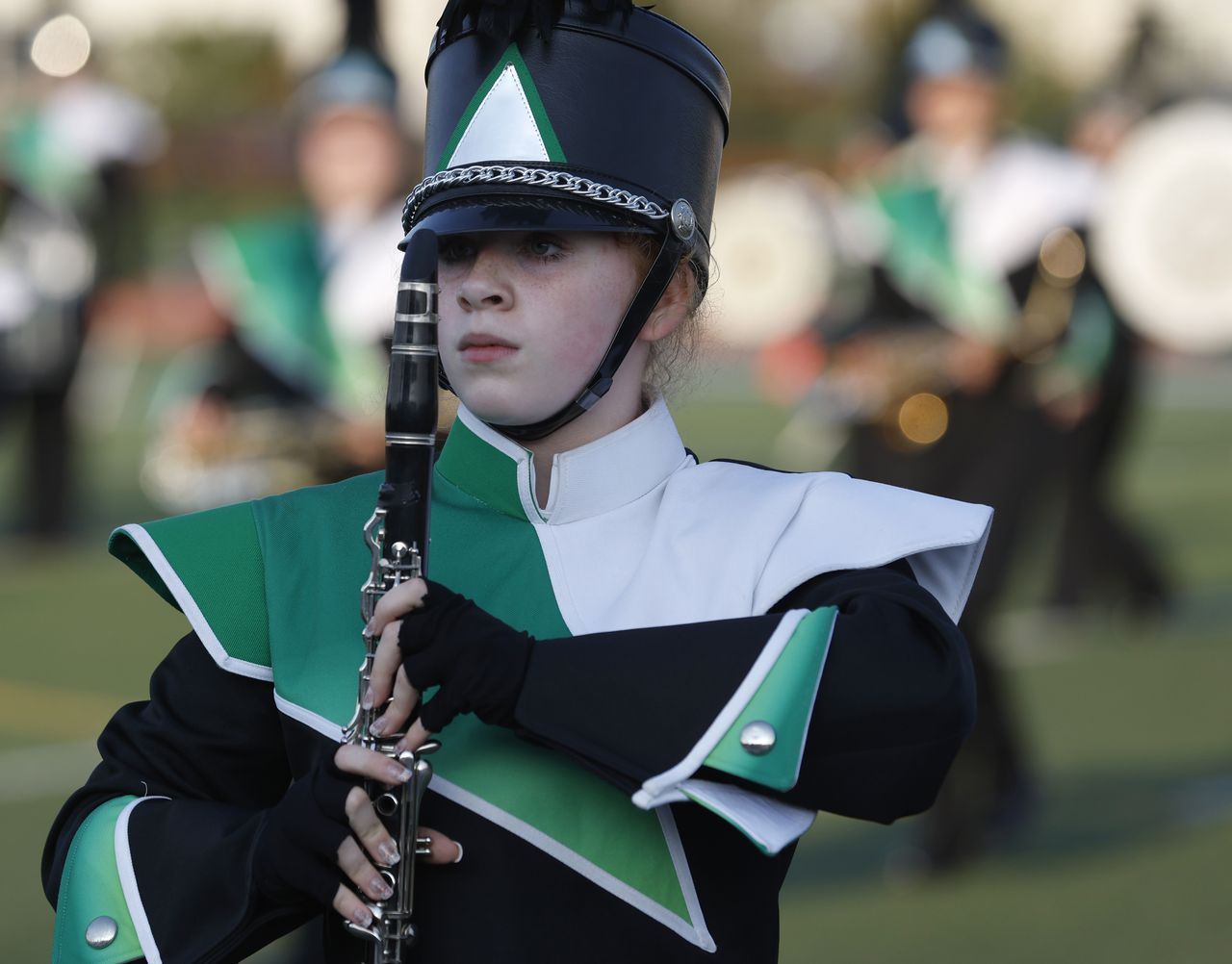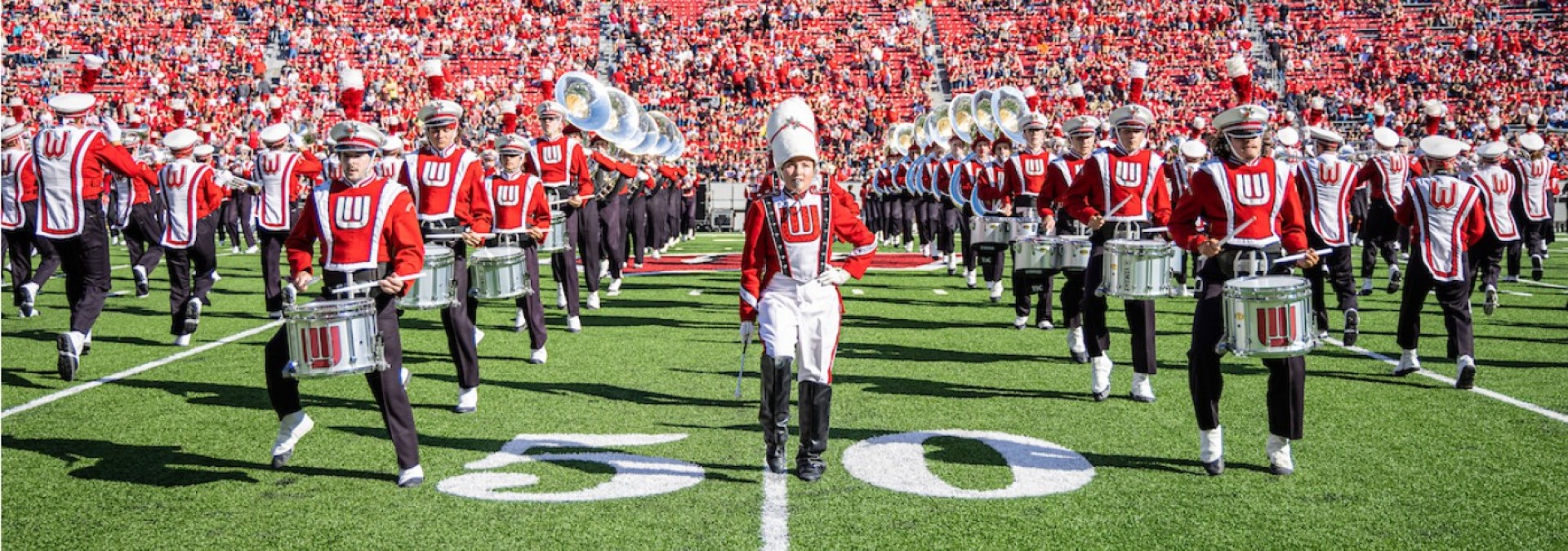You’ve spent years rehearsing scales, marching in formation, holding down harmony lines, or leading from the podium. Now that college is coming, one big question looms: Can all of that effort really help pay for college—even if I don’t major in music?
Yes. And here’s what nobody tells you: it can help a lot. Across the country, colleges and universities are awarding real scholarship dollars to students who perform in their ensembles—even if they major in engineering, business, nursing, computer science, or anything else.
Whether you play bassoon, bass clarinet, euphonium, sing bass, or were the drum major in your high school marching band, your talent is valuable. College music departments want strong performers. And when you’re willing to be part of their ensembles, they’re willing to pay. But there’s a catch. A big one.
Yes, Non-Music Majors Can Get Music Scholarships—But You Still Have to Audition
Here’s the truth: If you want scholarship money, you have to audition for it. Just like the aspiring music majors.
Your spot—and your dollars—depend on how you perform in that audition. And yes, sometimes students who don’t plan to major in music outperform the ones who do. When that happens, colleges will shift the scholarship money toward the stronger player—because their ensembles need the best sound, not just the best intentions.
So if you're going after these scholarships, you must be audition-ready. Take it seriously. Prepare. Polish your tone. Work your scales. Choose repertoire that showcases your strengths. You’re not just filling a spot—you’re competing for dollars.
What Colleges Are Really Looking For
College music departments are building ensembles. Not just rosters—actual, balanced, competitive, great-sounding groups. And that means they’re always on the hunt for:
- Players of high-demand instruments (clarinet, bass clarinet, oboe, bassoon, euphonium, tuba)
- Bass voices in choir
- Students with All-State or regional honor ensemble experience
- Those who took private lessons
- Leaders—concertmasters, drum majors, musical leads
- Students who attended summer camps or enrichment programs
- Performers with good grades, a team mindset, and follow-through
In short: they want the best musicians—regardless of major.
Private Lessons Make You More Valuable—and More Funded
Want to increase your odds of getting (and growing) a music scholarship as a non-major? Take private lessons with a college studio instructor.
Private lessons show you're committed to improving. That you care about your performance. That you’re not just coasting—you’re climbing. And directors notice. When a conductor sees a non-major investing in growth, it makes you a more valuable asset—and a better investment for scholarship dollars. That’s why many students who begin private lessons see their scholarships increase, sometimes even overtaking those given to music majors who haven’t shown the same drive.
The Scholarship Timeline for Non-Majors
If you're not majoring in music, here's how your scholarship journey typically unfolds:
- Freshman Year: You’ll often receive a modest scholarship to participate in an ensemble.
- Sophomore Year: If you're excelling in ensemble work and private lessons, your scholarship will likely increase—especially because many students choose to switch or double major around this time.
- Junior Year: Continued involvement may earn you a small bump in funding.
- Senior Year: If you haven’t added music as a major or double major, your scholarship usually reverts to freshman-year levels.
But why the increase in sophomore year? Because college deans know: a student who loves their ensemble, thrives in private lessons, and builds strong faculty and peer relationships is likely to stay—and maybe even switch majors. And for a dean, it’s smarter to invest in a student who’s already on campus, already performing, already improving, than to chase after someone who might enroll.
How to Get Started in Securing
Scholarships Funds as a Non-Music Major
Whether you’re just getting serious or already applying, here’s what you should do now:
- Track everything: ensembles, awards, leadership roles, lessons—starting in 6th grade
- Build a performance résumé
- Talk to your director or private teacher about audition preparation
- Research scholarship timelines and required audition repertoire
- Take private lessons if possible—it gives you an edge
- Keep your grades strong—most scholarships weigh academic performance too
Final Note: Yes, You Can—and Yes, You Should
You don’t have to major in music to earn money through music. But you do have to be excellent. You have to be ready. Because when you audition for scholarship dollars, you’re not just performing—you’re competing.
You’re sharing the stage with future music majors. And if you outplay them, you can win the scholarship they thought was theirs.
Thousands of students every year earn real college scholarships by doing what they’ve always done—showing up, practicing hard, leading their section, and loving music. Not because they plan to go pro, but because they have something college ensembles need.
You don’t have to change your major. You don’t have to change who you are. But if you’re willing to keep performing—you can change what college costs. And if you need help getting there—organizing your achievements, preparing your audition, or finding the right opportunities—Accoladi.com is here to help. We've guided thousands of students from the practice room to the scholarship office. You’ve already put in the work. Now let your music pay you back.


.png) ARTICLE GLOSSARY
ARTICLE GLOSSARY

.png)
.png)


.jpg)
.jpg)

.jpg)

.png)




.jpg)
.png)










.jpg)



.jpg)
.jpg)
.jpg)
.jpg)
.jpg)

.png)
.png)

